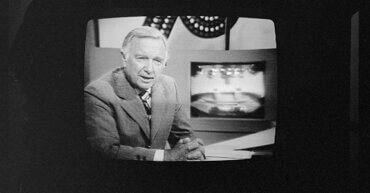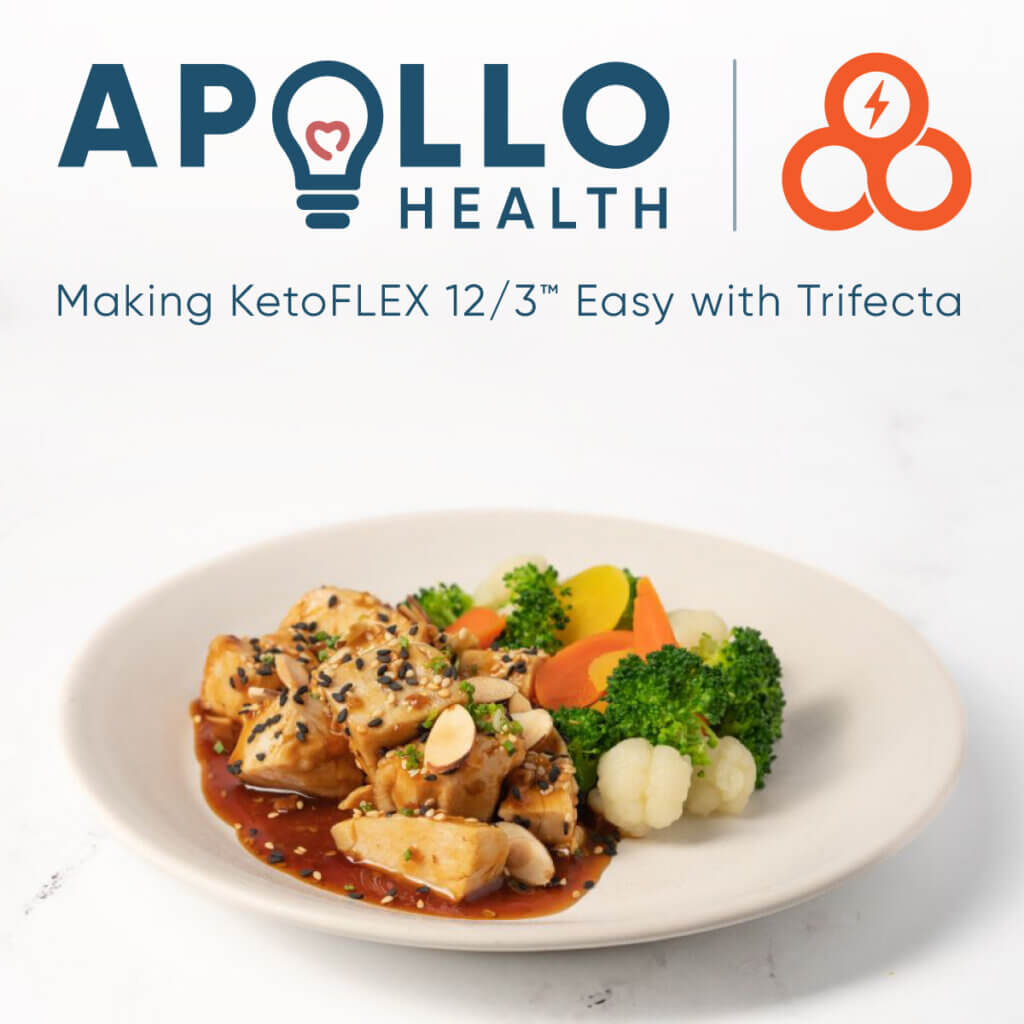News•August 14, 2025
How the Sausage Gets Made

By Dale Bredesen, M.D., Chief Science Officer for Apollo Health
“Honesty is such a lonely word.” — Billy Joel.
Was it ever this way in cancer research? The lying, cheating, and stealing that pervades Alzheimer’s disease research and treatment is well documented in the book Doctored: Fraud, Arrogance, and Tragedy in the Quest to Cure Alzheimer’s by Charles Piller, a highly respected science writer. The 100-billion-dollar gloves are off: Pharma has spent over 40 billion dollars on a cure for Alzheimer’s, and what has emerged is a donkey cart product that is being promoted as a Ferrari. Meanwhile, university “centers of excellence” are daily recommending treatment of ApoE 4/4 individuals with a drug already published to accelerate their decline, not delay it — something truly unconscionable, and directly counter to the Hippocratic Oath we all swore in medical school (of course if Hippocrates had known how many billions were to be made in Pharma, he would have approved, right?).
The New York Times publishes an article blasting a multi-modal treatment approach, then a few weeks later applauds a different multi-modal approach that has far less benefit (about 95% less benefit, based on the data) — what kind of hypocrisy is going on? Meanwhile, nearly every day, there is a brain health article or advertisement promising miraculous results, all without any published data. There are novel treatment approaches with very modest results yet $50,000 price tags — can’t we do better than that?
There is such division in the field that researchers refuse to talk to some of the other researchers, or allow their competitors to speak at meetings. Doctors confidently tell their patients that nothing can be done for Alzheimer’s, despite published data to the contrary. The entire field is now dominated by politics, ego, and finance instead of patient outcomes. The friction is palpable, and certainly not in the best interest of the many patients in need.
These are strange times. Ten or twenty years from now, the uproar will largely have ceased, there will likely be general agreement on what is most efficacious, and I truly believe that dementia will be much less common — just as it should be, given what we now understand, and the outcomes we are documenting daily. Meanwhile, we are all witnessing just “how the sausage gets made” — and indeed, we are all in the meat grinder together. We are the vanguard. As the saying goes, the pioneers are the ones with the arrows in their backs. True, but we are also the ones reaping the benefits of novel approaches that were not available even fifteen years ago.
So unfortunately, there is likely to be a lot more lying, cheating, stealing, screaming, misdirection, misconception, and confusion permeating the Alzheimer’s field for the next several years. But I hope that many will ultimately benefit from the most effective treatment and prevention protocols that emerge from this period of upheaval and disruption. And I hope that we shall no longer fear Alzheimer’s, knowing that there is very effective prevention and treatment (and no reason to delay evaluation and therapy). Many who will take advantage of these impactful developments will be able to look back and say, “Now I know how the sausage gets made.”





